13 GPTs for Academic Reading Powered by AI for Free of 2025
AI GPTs for Academic Reading are advanced AI tools designed to assist users in engaging with academic materials more effectively. By leveraging Generative Pre-trained Transformers, these tools specialize in understanding, summarizing, and analyzing academic texts. They are particularly valuable for their ability to provide contextually relevant information and generate coherent, concise summaries of complex academic works. This enhances the learning experience, making it easier for users to grasp the essence of scholarly articles, papers, and books relevant to their field of study.
Top 10 GPTs for Academic Reading are: Read Aloud,Bionic Speed Reader,Voice Reader,ADHD Reading Font,Rapid Reader Tutor,🚀 Speed-Read Skill Booster 🧠,Reading Coach,Read,Bionic Beacon,Bionic Reader Assistant
Read Aloud
Bringing text to life with AI-powered speech
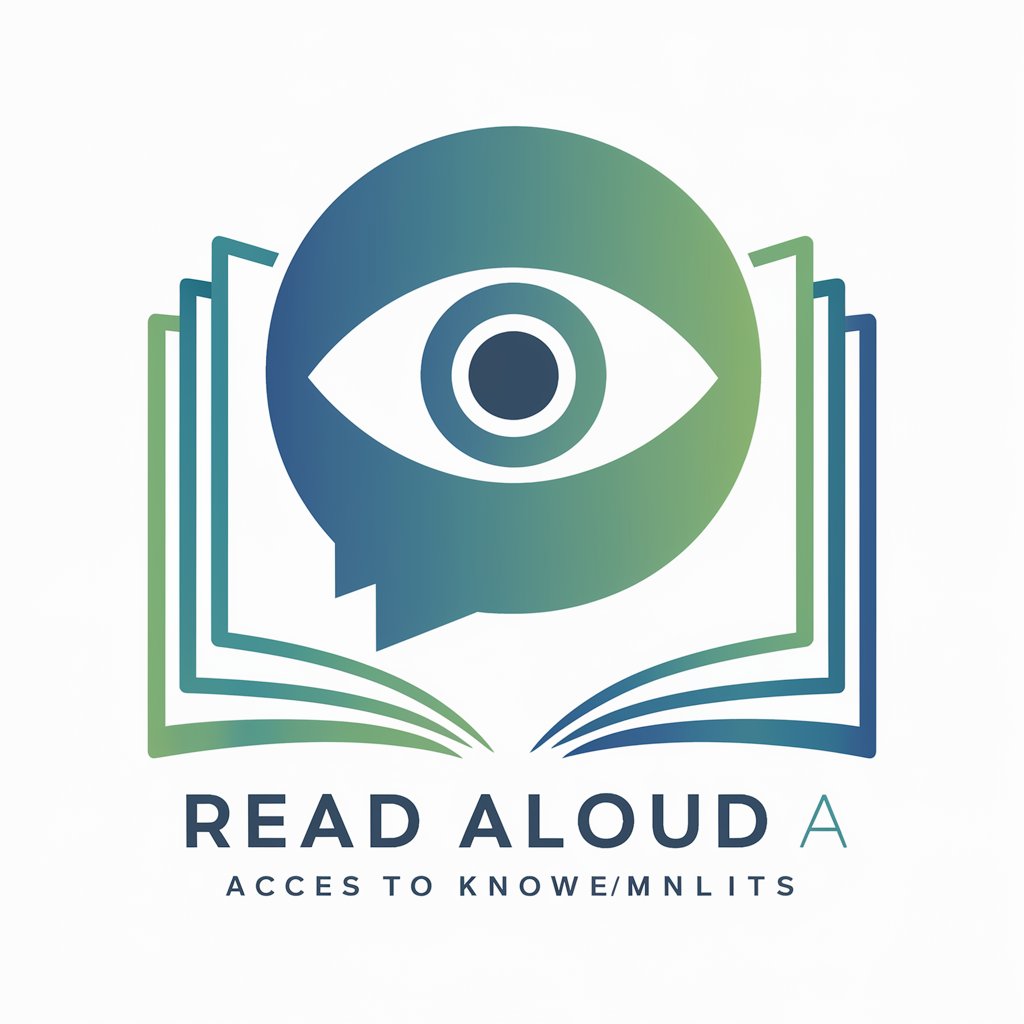
Bionic Speed Reader
Accelerate Your Reading with AI
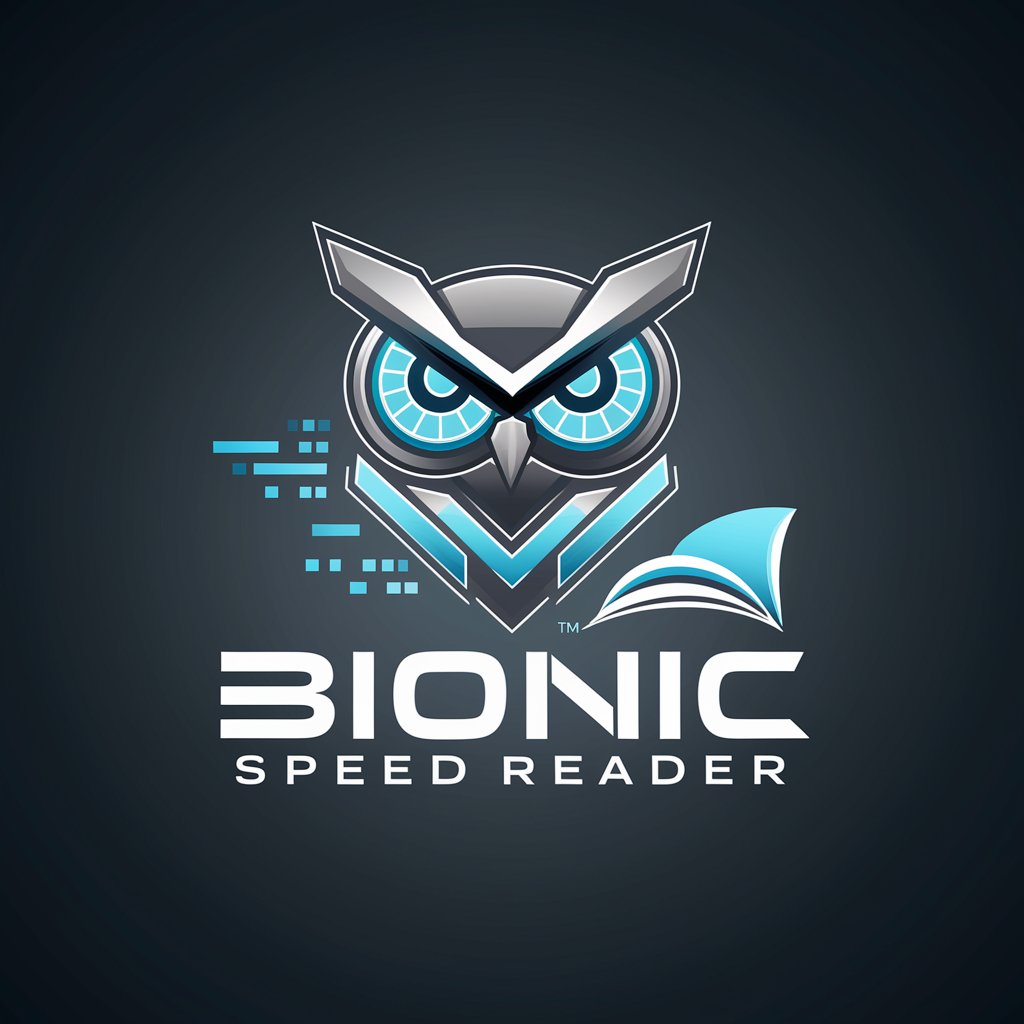
Voice Reader
AI-powered tool for seamless text-to-speech conversion.

ADHD Reading Font
Boost Reading Focus with AI
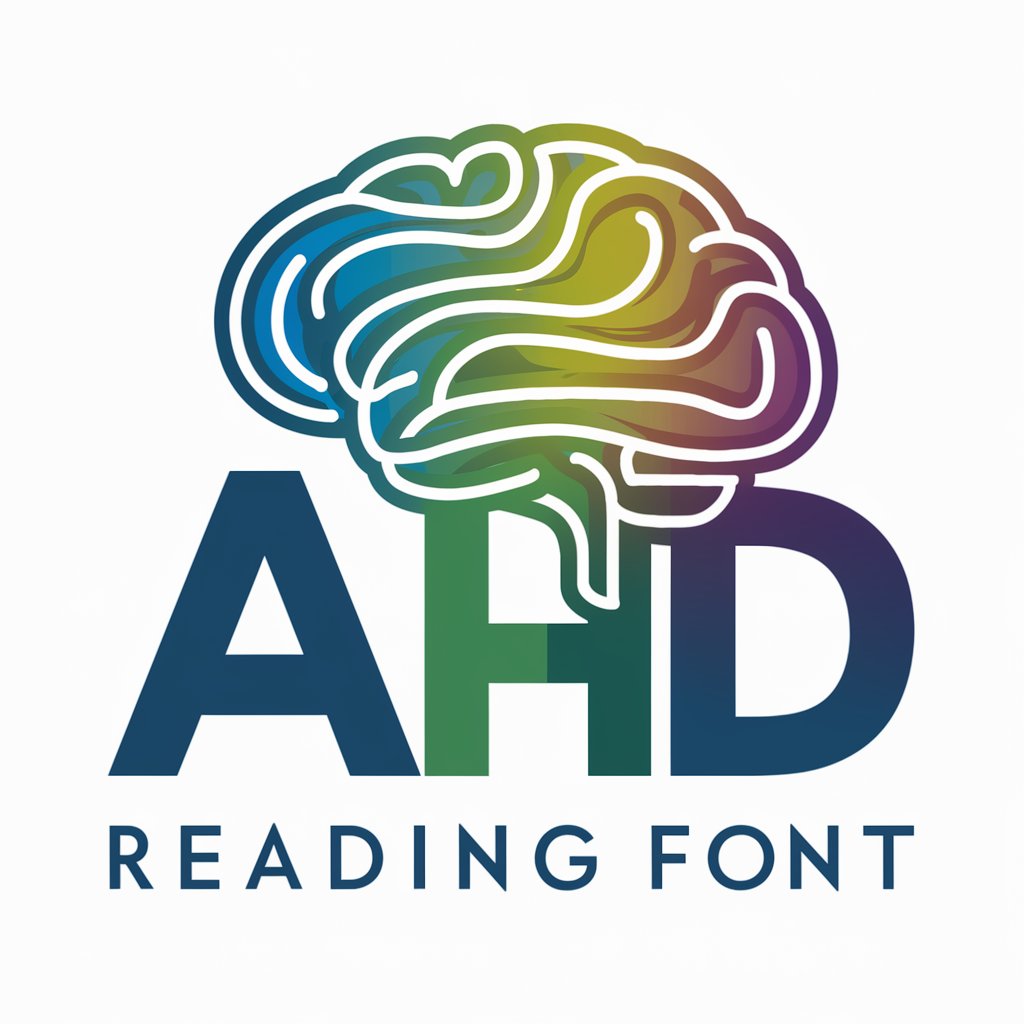
Rapid Reader Tutor
Accelerate Your Reading with AI

🚀 Speed-Read Skill Booster 🧠
Boost reading speed with AI-powered techniques.

Reading Coach
Enhancing Reading Skills with AI
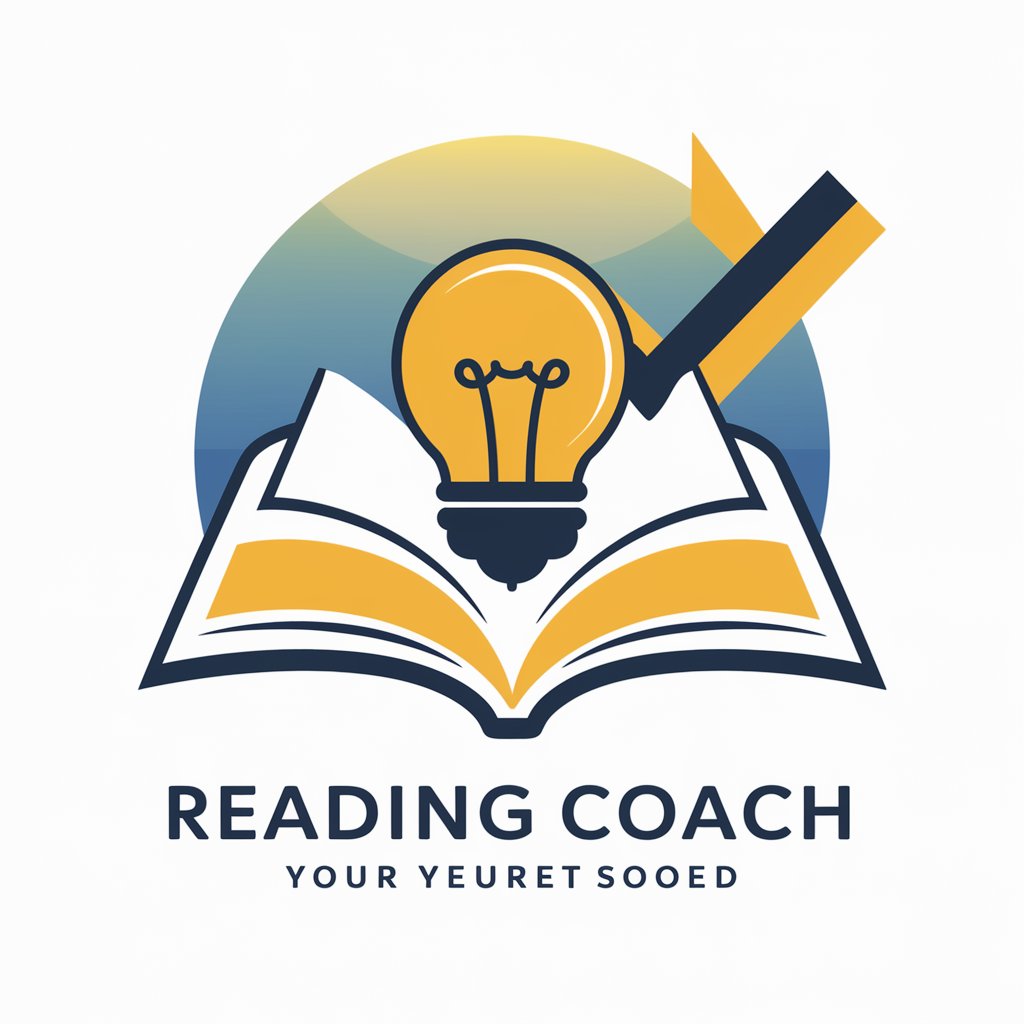
Read
Empowering readers with AI-driven insights
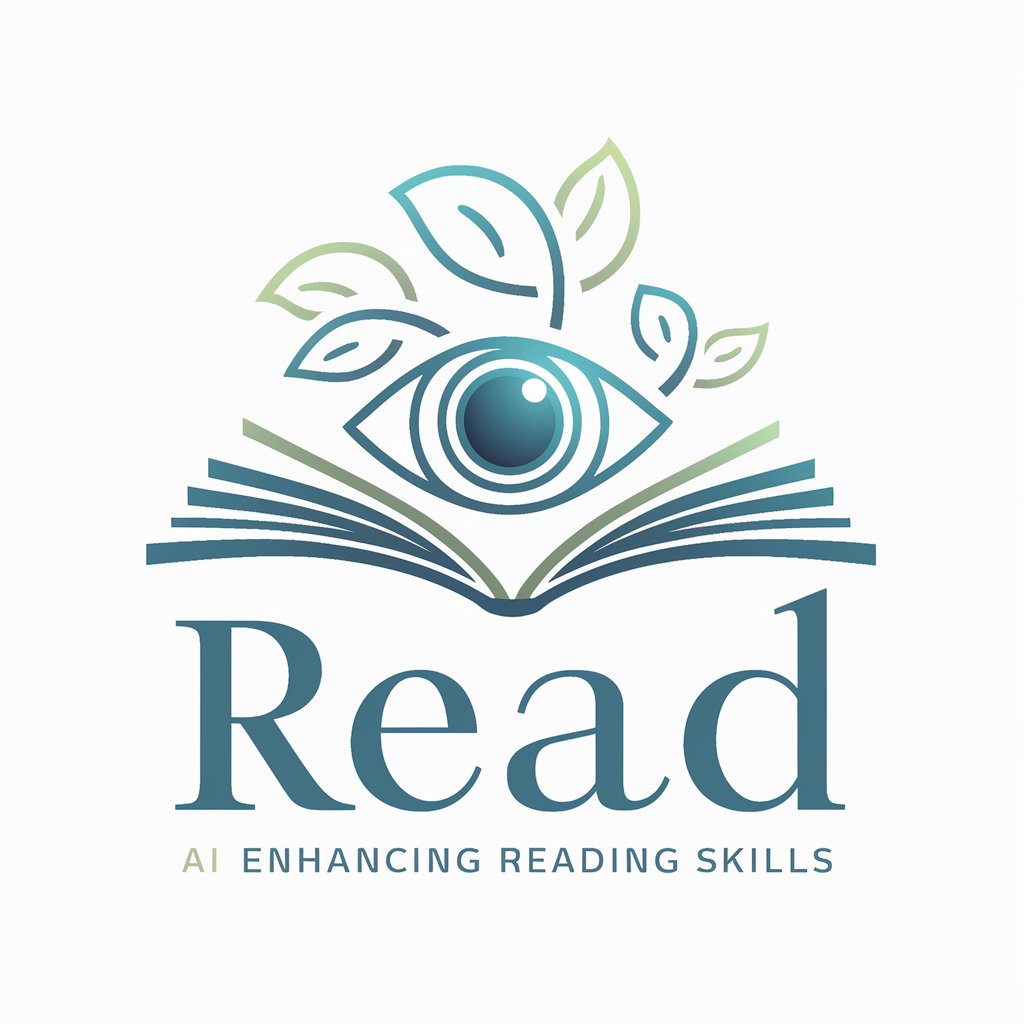
Bionic Beacon
Revolutionize Reading with AI
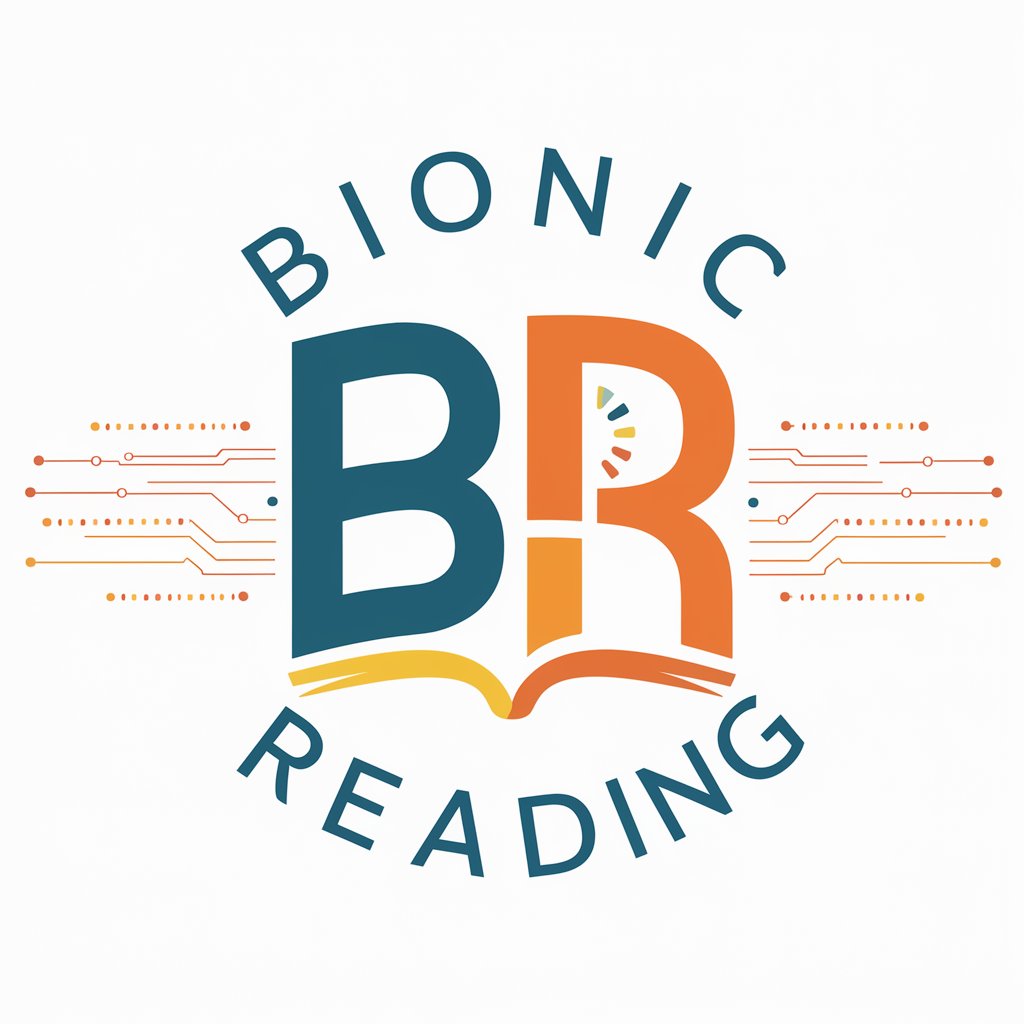
Bionic Reader Assistant
Transform Text for Enhanced Focus
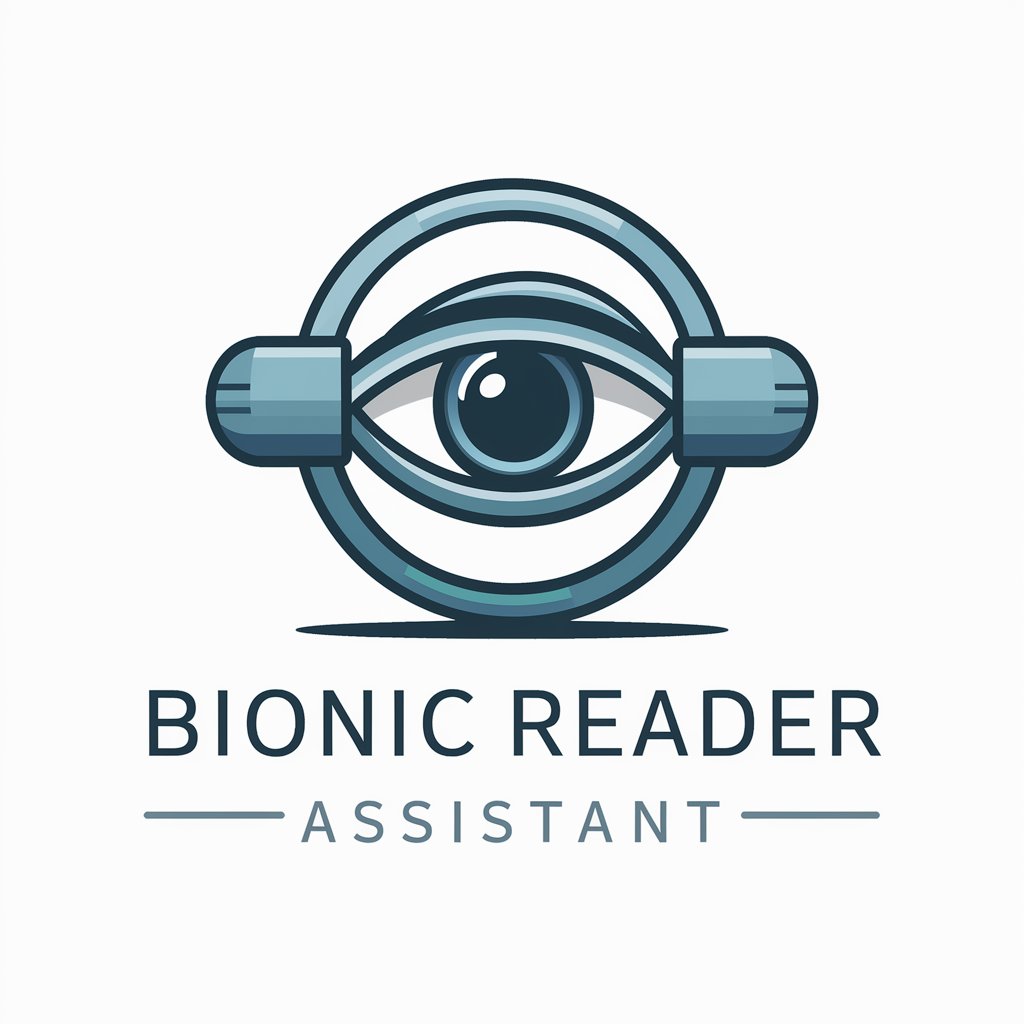
🚀 SpeedWhiz Mastery 📚
Accelerate Reading, Empower Comprehension
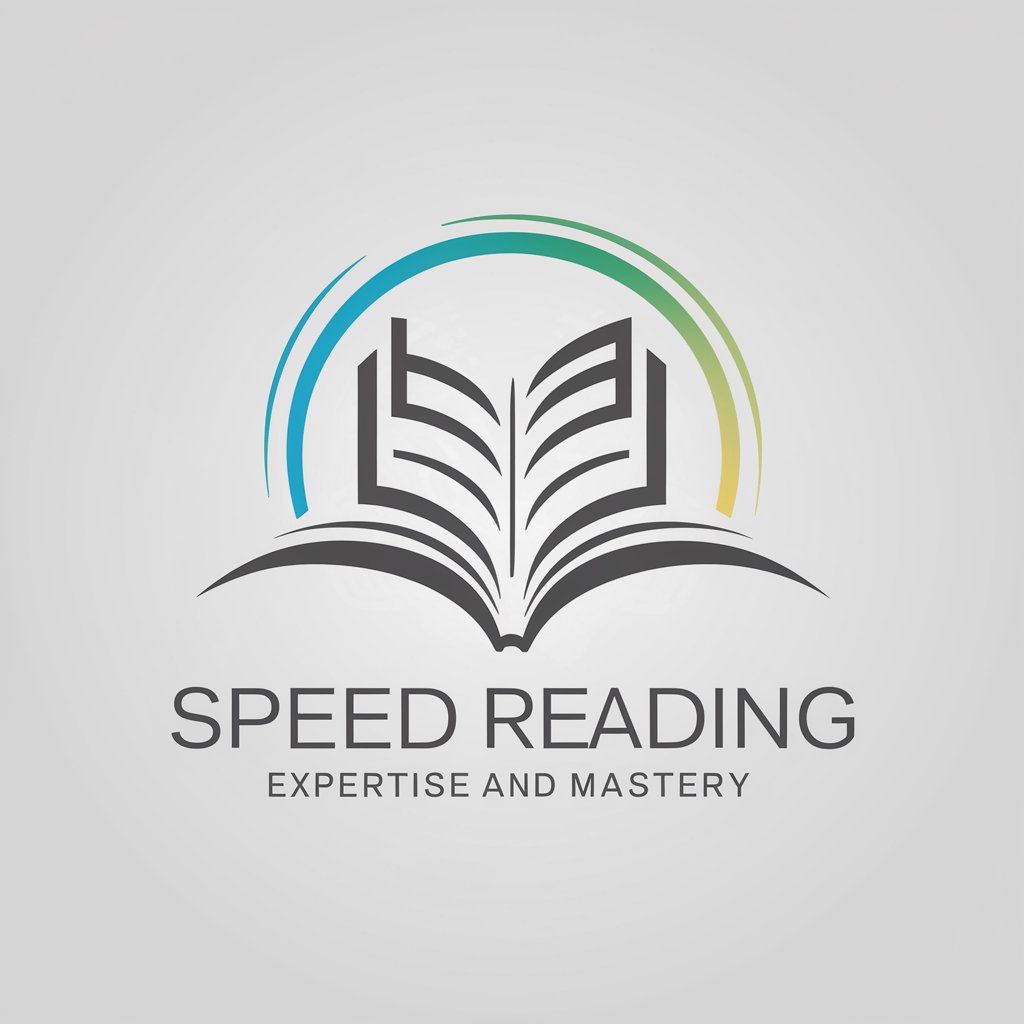
Reading Helper (ADHD)
Enhance Reading with AI-powered Features
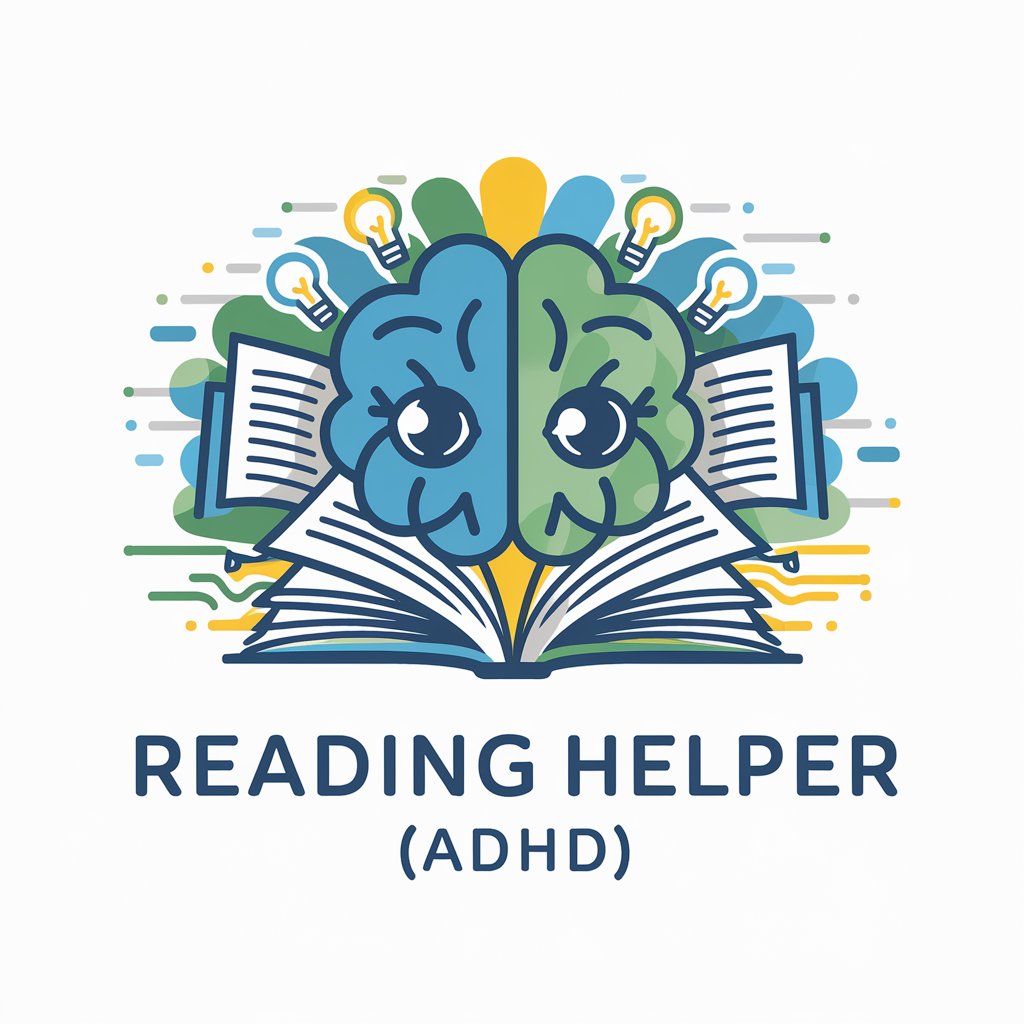
Key Attributes of Academic GPT Tools
AI GPTs for Academic Reading are equipped with a range of functionalities tailored to the academic community. These include advanced text summarization, which distills lengthy documents into digestible summaries, and question-answering capabilities that offer precise information on specific academic queries. Additionally, they can generate citations, identify key themes and patterns within texts, and support multiple languages. Some tools also integrate with academic databases for direct access to scholarly materials, and offer data analysis features for research purposes.
Who Benefits from Academic GPT Applications
The primary beneficiaries of AI GPTs for Academic Reading include students, researchers, and educators across various academic disciplines. These tools are accessible to novices, offering straightforward interfaces for those without programming skills, while also providing advanced customization options for developers and other tech-savvy professionals. This broad accessibility ensures that anyone looking to deepen their understanding of academic content or streamline their research process can leverage these AI tools.
Try Our other AI GPTs tools for Free
Speed Training
Discover how AI GPTs for Speed Training can revolutionize your learning process with personalized, adaptive learning experiences designed for fast-paced skill acquisition.
Reading Analysis
Discover the transformative power of AI GPTs for Reading Analysis, designed to unlock insights from text through advanced analysis, adaptable to various user needs.
Taste Tracking
Discover how AI GPTs for Taste Tracking can revolutionize personalized recommendations, catering to your unique tastes in food, music, movies, and more.
Craft Brews
Discover how AI GPTs for Craft Brews revolutionize the brewing industry with tailored solutions for recipe creation, market analysis, and customer engagement.
Beer Education
Discover the world of beer like never before with AI GPTs for Beer Education. Engage with tailored, interactive learning experiences designed for enthusiasts and professionals alike.
Tasting Journal
Discover how AI GPTs tools transform tasting experiences with sophisticated analysis, intuitive interfaces, and customizable features for enthusiasts and professionals alike.
Expanding the Horizons with GPT for Academia
AI GPTs for Academic Reading are revolutionizing the way we engage with scholarly materials. They not only streamline the research process but also enhance comprehension and retention of complex ideas. With user-friendly interfaces, these tools are increasingly integrated into academic workflows, offering customized solutions that cater to the specific needs of different sectors within academia.
Frequently Asked Questions
What exactly are AI GPTs for Academic Reading?
AI GPTs for Academic Reading are artificial intelligence tools designed to assist with reading, summarizing, and analyzing academic texts, using advanced algorithms to provide insights and simplify complex information.
How do these tools assist in academic research?
They simplify the research process by summarizing texts, answering specific questions, generating citations, and identifying key themes, making it easier to digest large volumes of information.
Can non-technical users utilize these GPT tools?
Yes, these tools are designed with user-friendly interfaces that require no prior programming knowledge, making them accessible to a wide audience.
Are there customization options for more experienced users?
Indeed, advanced users can customize these tools for specific tasks or integrate them into existing workflows, offering flexibility for research and academic study.
Do AI GPTs support multiple languages?
Yes, many of these tools are designed to support multiple languages, facilitating academic research across different linguistic backgrounds.
Can these tools generate academic citations?
Absolutely, they can automatically generate citations in various styles, aiding in the preparation of academic documents.
Are AI GPTs able to integrate with academic databases?
Some tools offer direct integration with academic databases, providing seamless access to scholarly materials for research purposes.
How do these AI tools enhance the learning experience?
By providing summarized contents, answering queries, and offering insights into complex texts, they make academic materials more accessible and understandable.